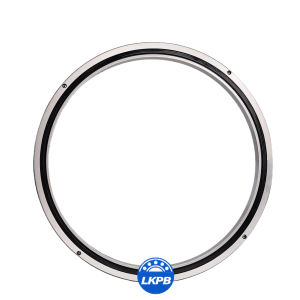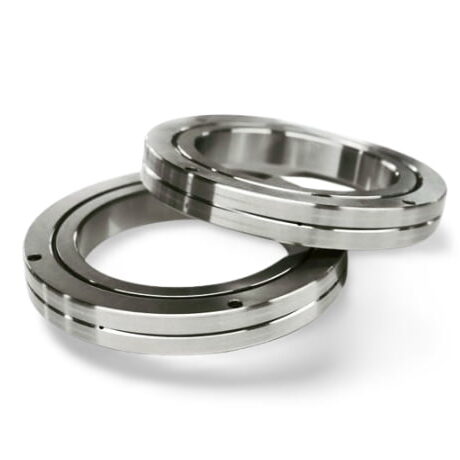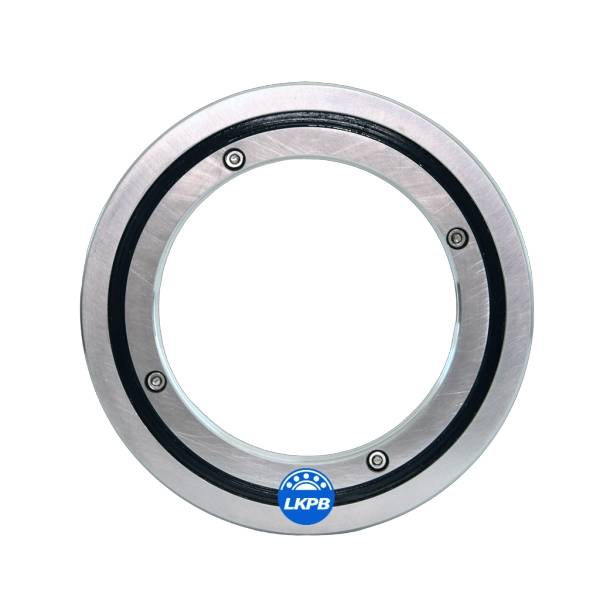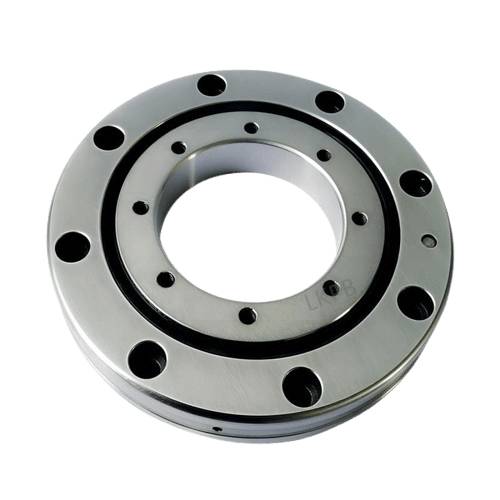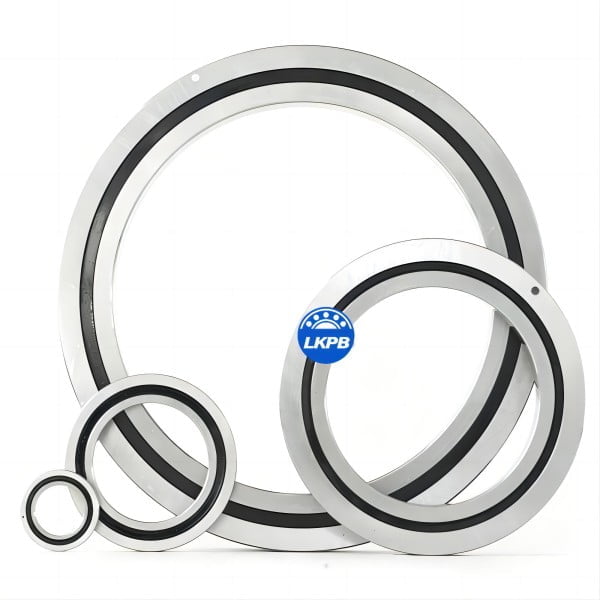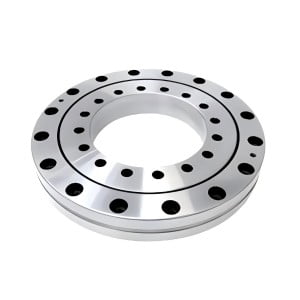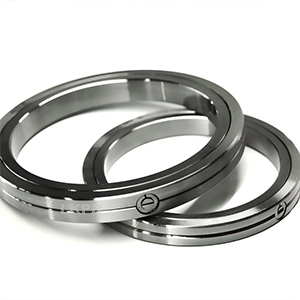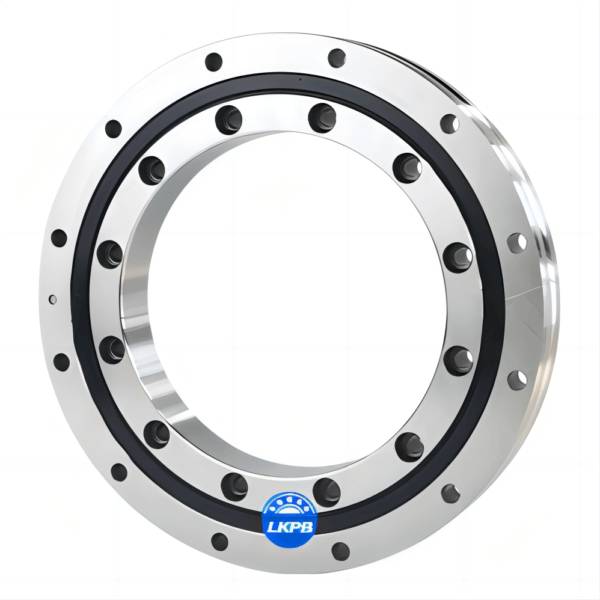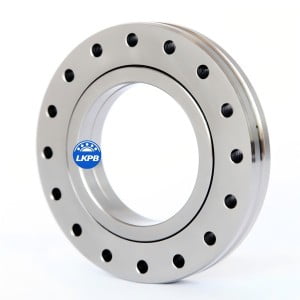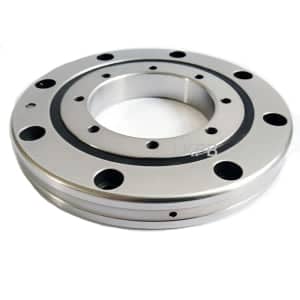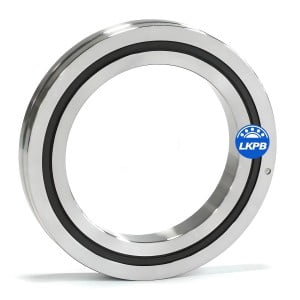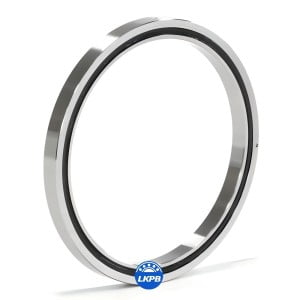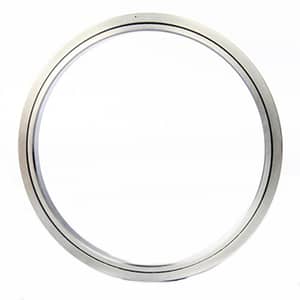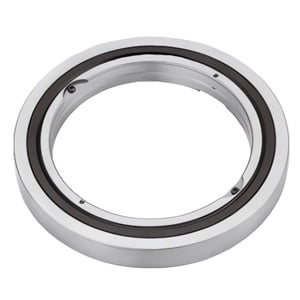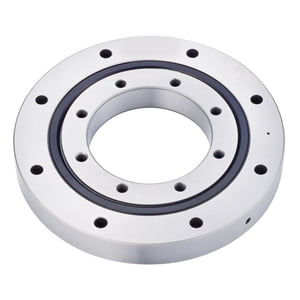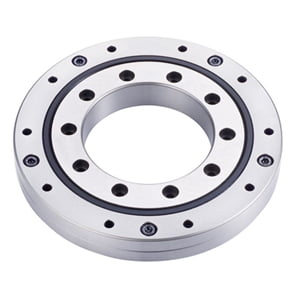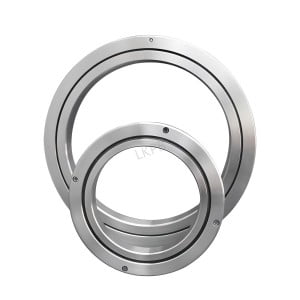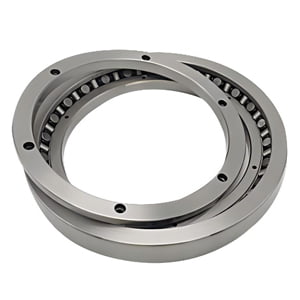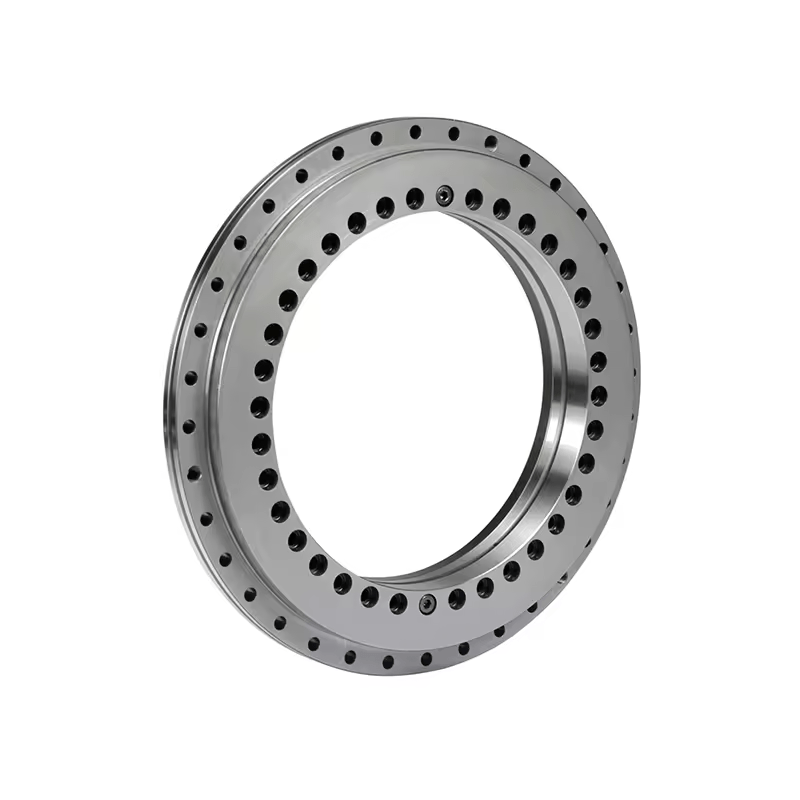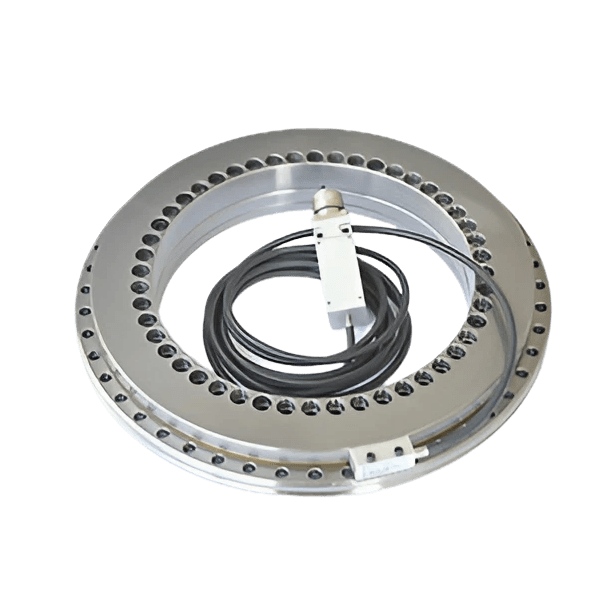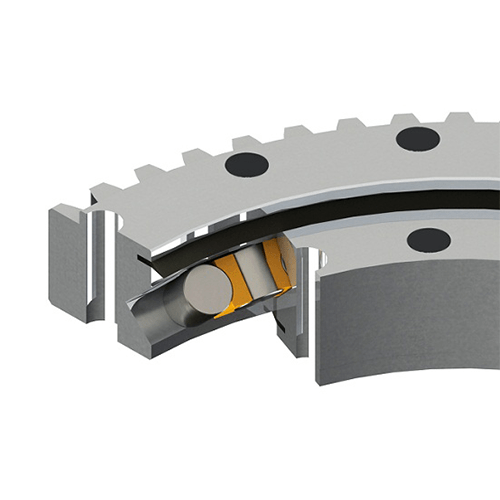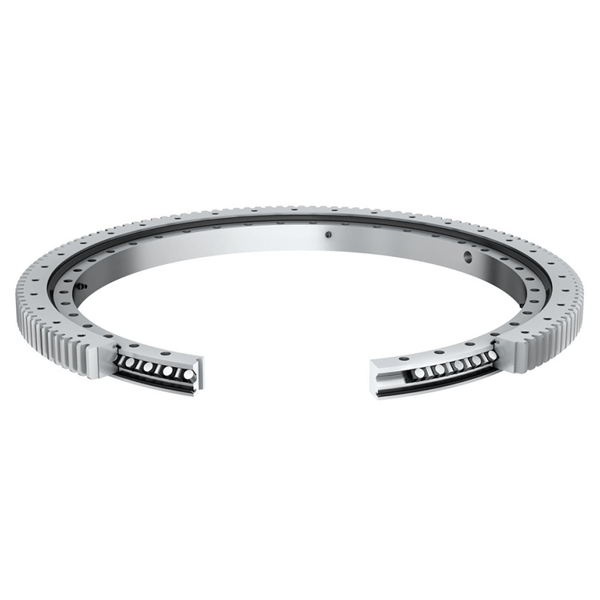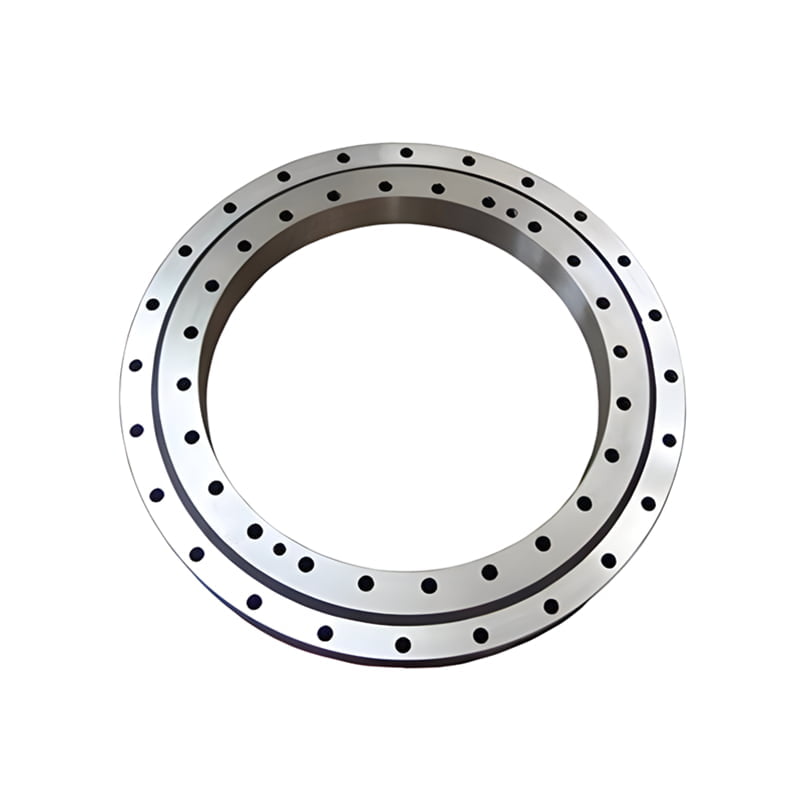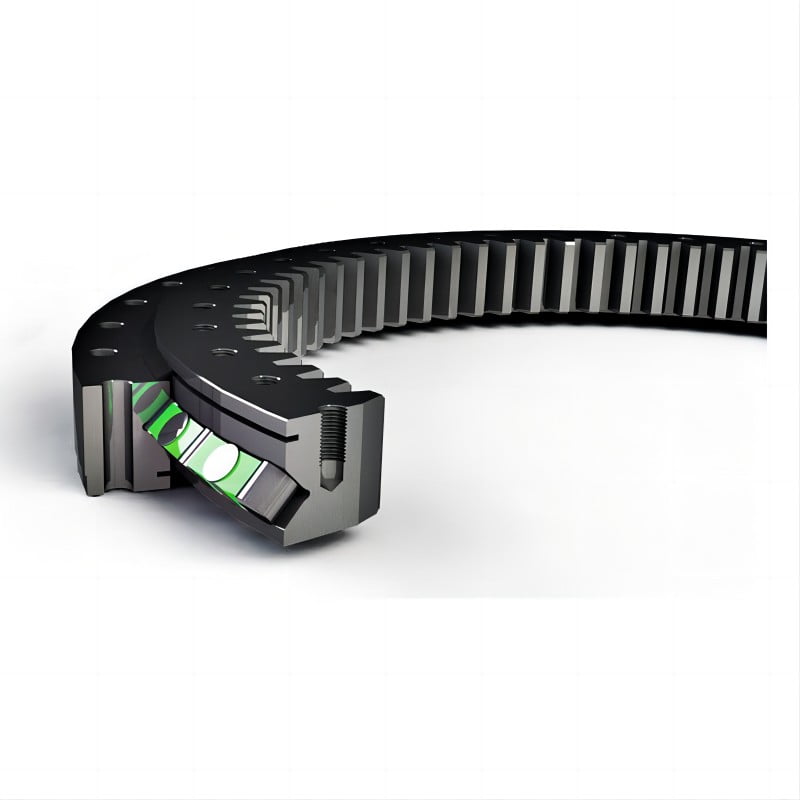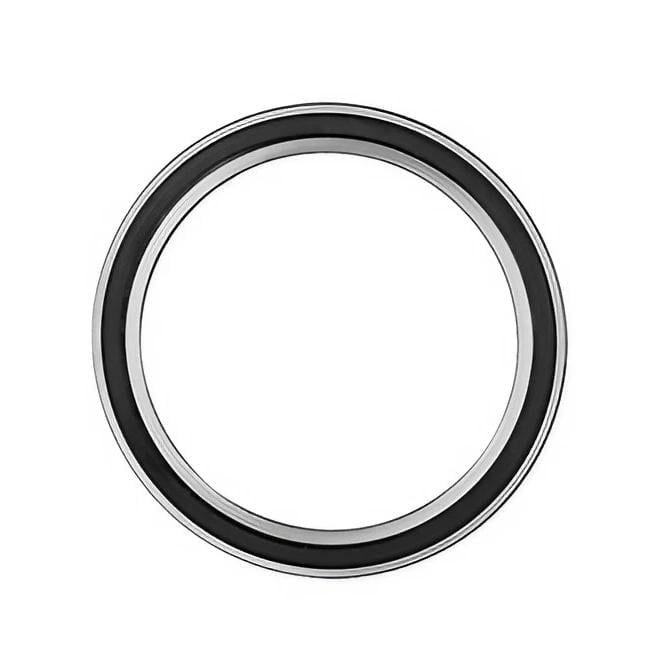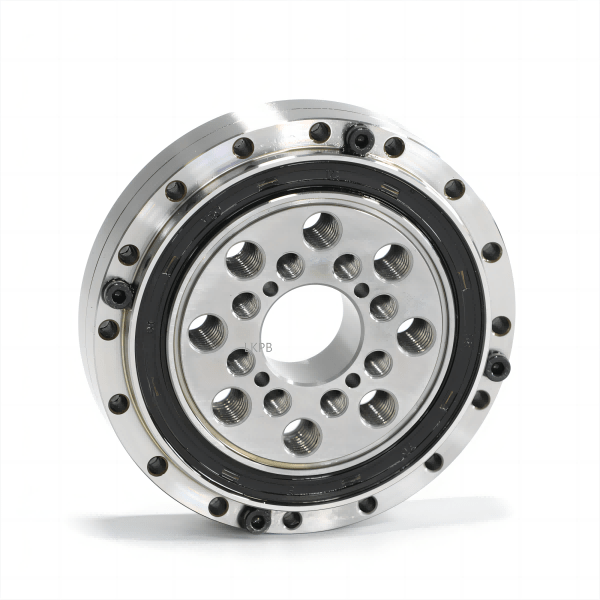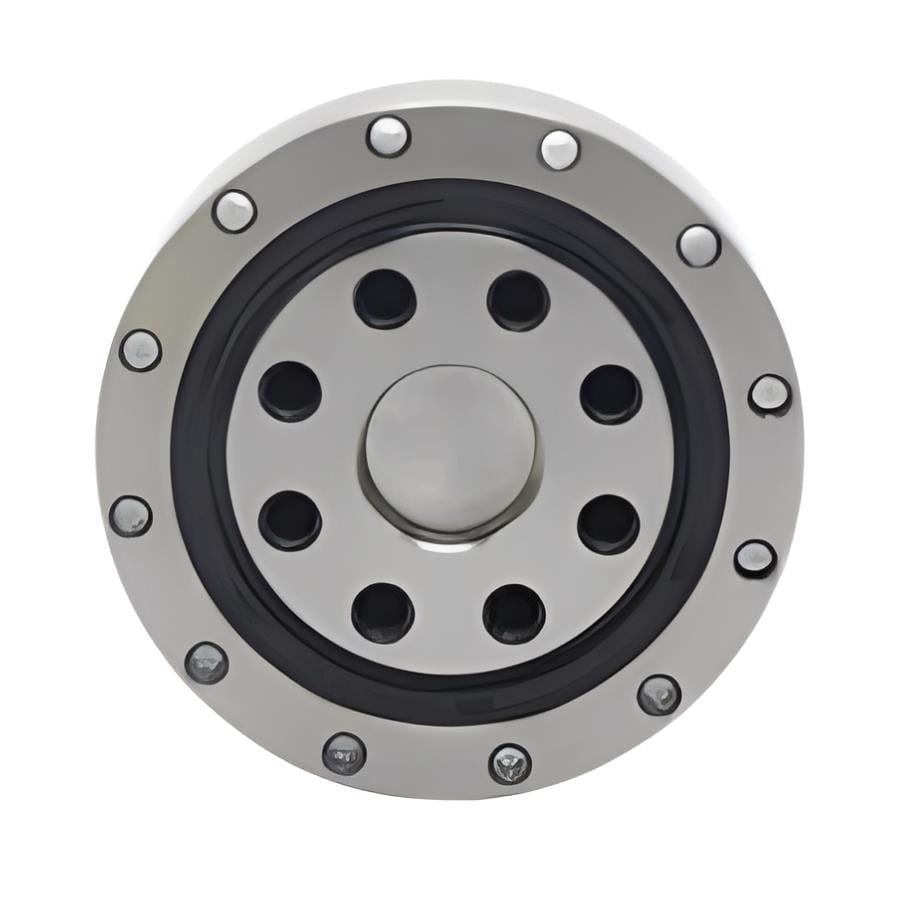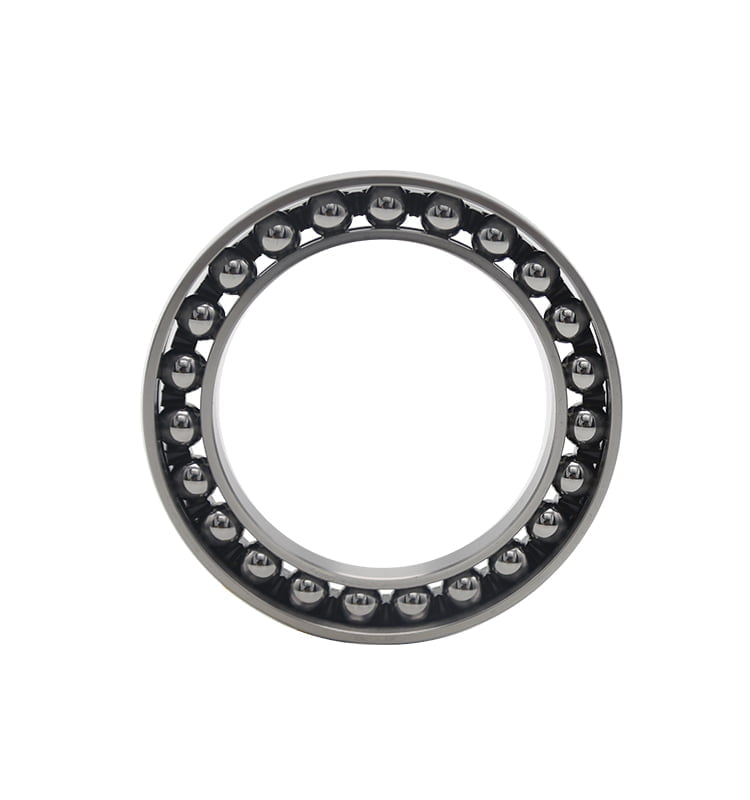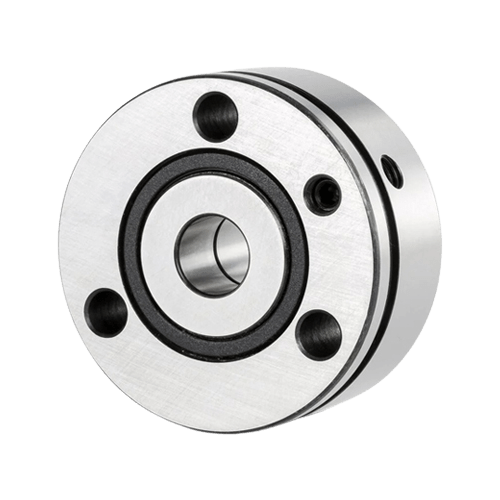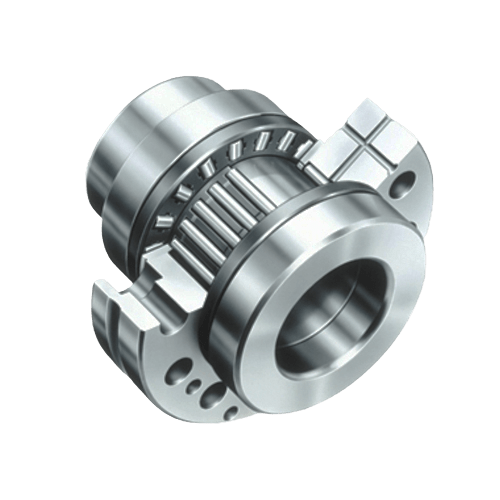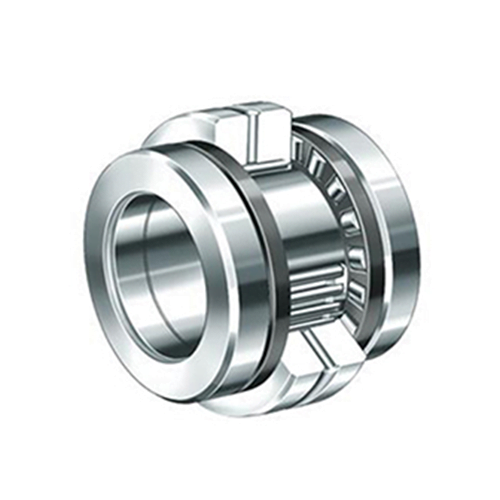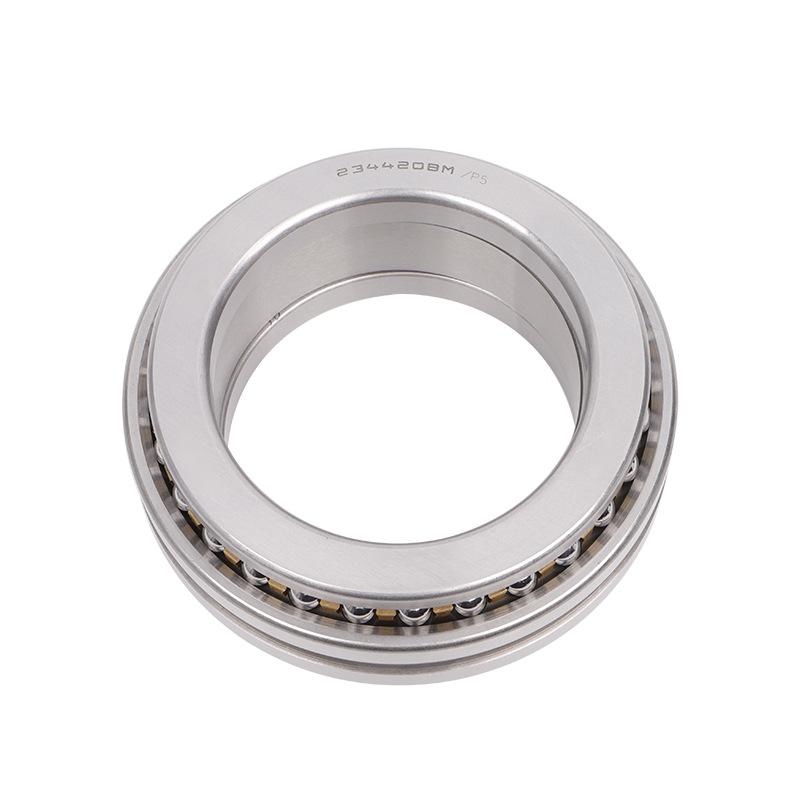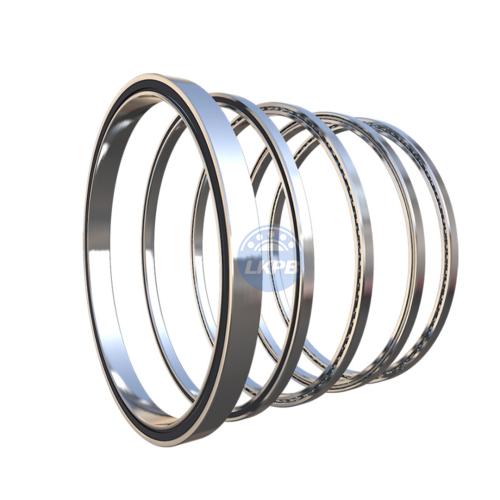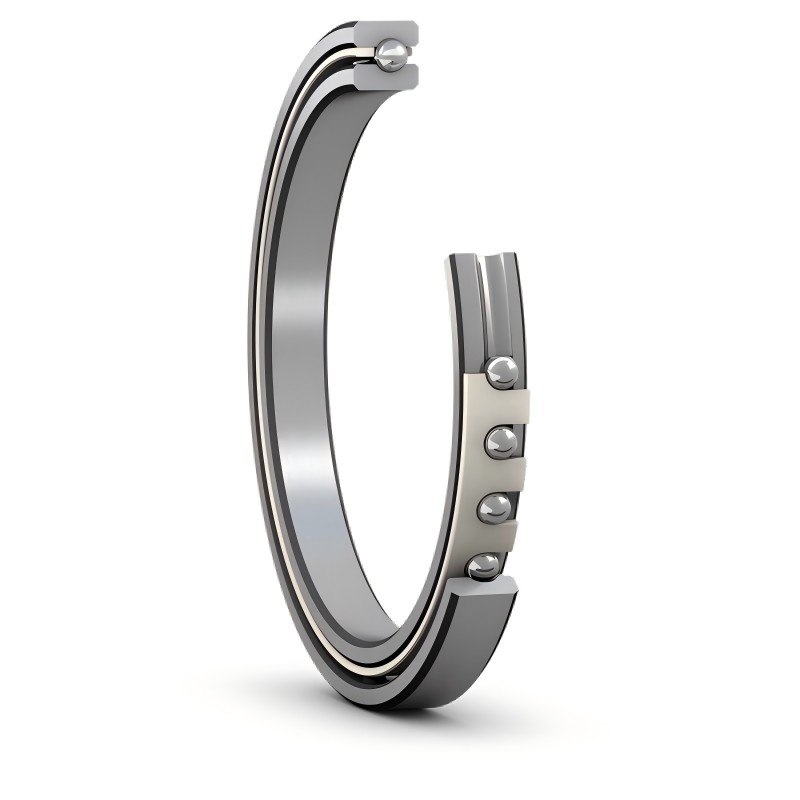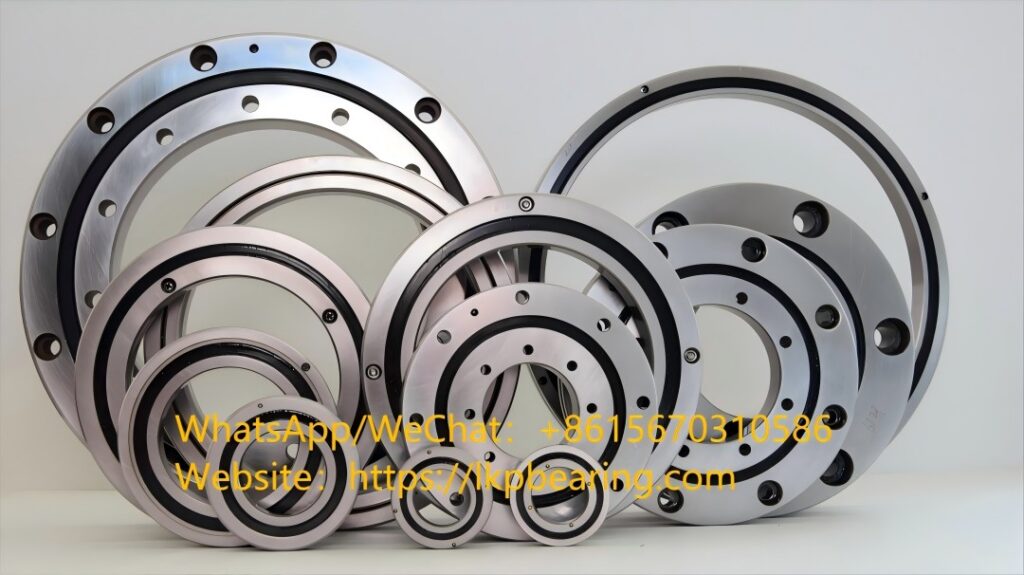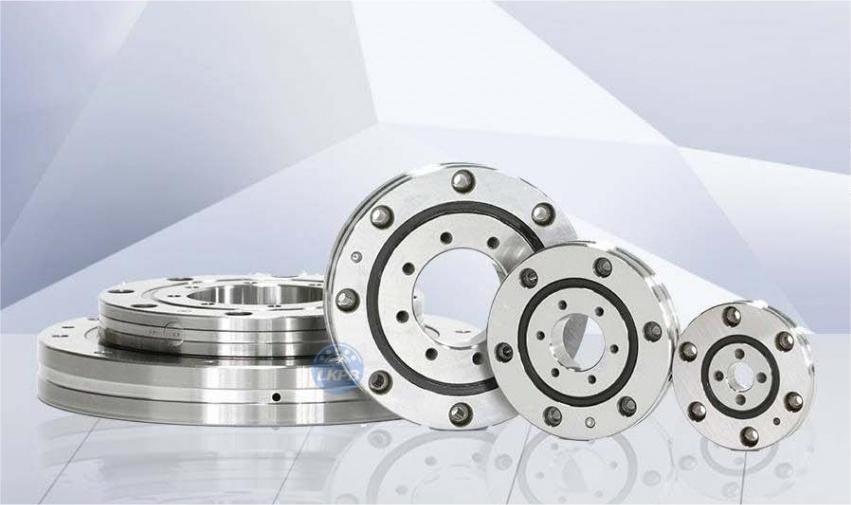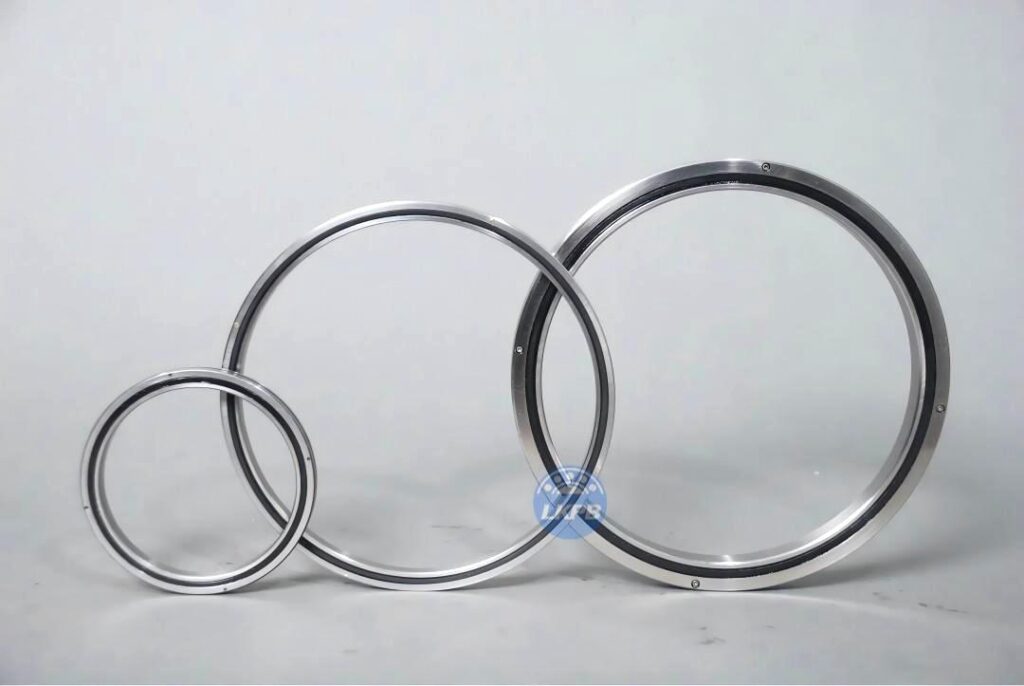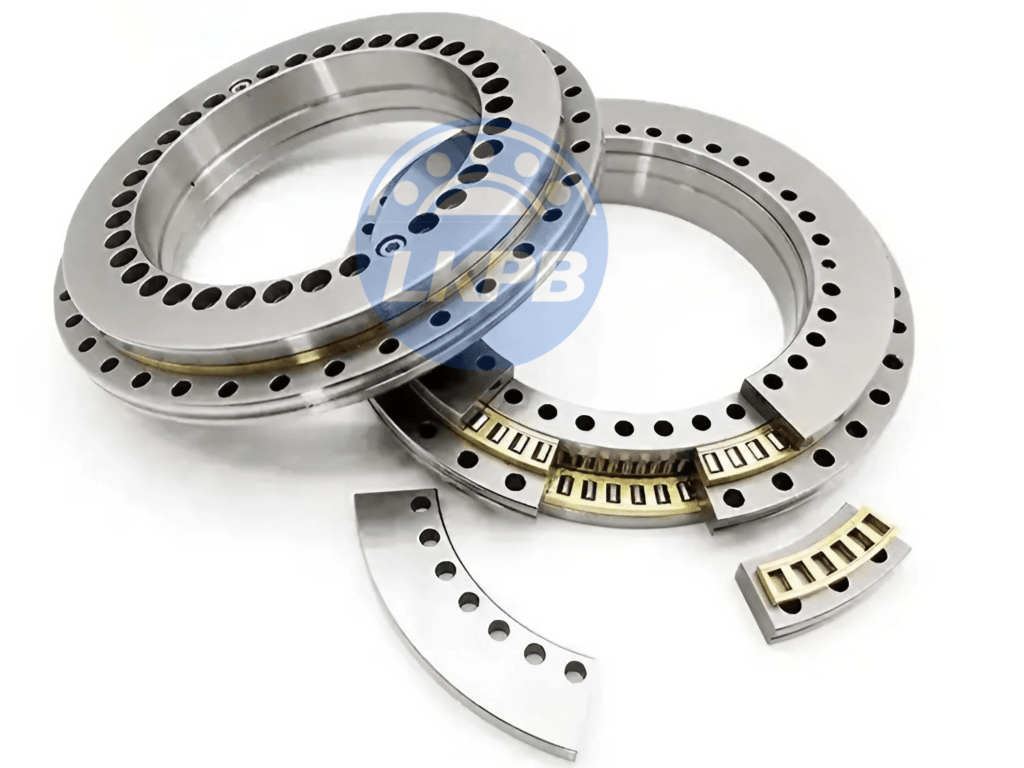Choosing the right bearing supplier is critical for the success of your project, whether you’re in manufacturing, engineering, or industrial procurement. Bearings play a pivotal role in machinery performance, durability, and reliability, making supplier selection a crucial decision. This guide will help you navigate the key factors to consider when evaluating potential bearing suppliers to meet your specific needs.
Understanding Your Bearing Requirements
Before you start evaluating suppliers, it’s essential to have a clear understanding of your bearing requirements. Bearings come in various types, materials, and sizes, and each has unique applications.
Key Factors to Assess:
- Application Demands: Identify whether your project requires high-speed performance, heavy load handling, or resistance to extreme environments.
- Material Specifications: Determine if stainless steel, ceramic, or hybrid materials are needed based on the operating conditions.
- Dimensional Precision: Ensure you know the tolerances required for your machinery.
- Lifespan and Maintenance Needs: Consider the lifecycle cost of the bearings and whether they are easy to maintain.
Why It Matters: Understanding your requirements ensures that you can communicate effectively with suppliers and identify those who offer the exact solutions you need. For example, LKPB specializes in precision bearings tailored for demanding applications, offering non-standard customization to meet unique project specifications.
Evaluating Supplier Capabilities
A reliable supplier must demonstrate the ability to deliver bearings that meet your specifications, both in quality and quantity.
Core Competencies to Assess:
- Manufacturing Expertise: Look for suppliers with advanced production facilities and certifications such as ISO 9001.
- Customization Services: Check if they offer tailored solutions for non-standard requirements.
- Technical Support: Evaluate whether they provide engineering assistance to optimize bearing selection and installation.
- Production Capacity: Ensure the supplier can handle large orders without compromising quality.
Spotlight on LKPB: As a leading manufacturer of industrial bearings, LKPB emphasizes high precision and offers OEM services, making them a strong contender for businesses requiring bespoke solutions.
Assessing Quality Control Standards
Quality is non-negotiable when it comes to bearings. Poor-quality bearings can lead to machinery failures, costly downtime, and safety risks.
What to Look For:
- Testing Procedures: Ask about the supplier’s quality assurance processes, including material testing and product inspection.
- Certifications: Verify that their products comply with industry standards, such as ISO and ANSI.
- Traceability: Confirm whether the supplier tracks each batch for accountability and defect prevention.
- Warranty and After-Sales Support: A supplier confident in their quality will provide robust warranty terms.
Case Example: LKPB maintains rigorous quality control at every production stage, ensuring their bearings consistently meet or exceed industry standards.
Analyzing Cost-Effectiveness
While price is an important consideration, it shouldn’t be the sole determinant of your choice. The cheapest option often leads to hidden costs down the line.
Cost Factors to Consider:
- Initial Purchase Price vs. Total Cost of Ownership (TCO): High-quality bearings may have a higher upfront cost but save money in the long run due to reduced maintenance and longer lifespans.
- Volume Discounts: Inquire about bulk pricing or long-term contracts for repeat purchases.
- Shipping and Lead Times: Factor in the cost and reliability of shipping.
- Hidden Costs: Be aware of potential expenses like import duties or expedited delivery charges.
LKPB Advantage: As a global supplier, LKPB offers competitive pricing and efficient logistics solutions, minimizing costs for international buyers.
Checking Supplier Reputation
A supplier’s reputation in the market speaks volumes about their reliability and customer service.
Steps to Verify:
- Customer Reviews: Look for testimonials and case studies on their website or independent platforms.
- Industry Standing: Check if they have partnerships with reputable companies or participate in industry trade shows.
- Longevity in Business: A supplier with years of experience is likely more reliable and adaptable to market needs.
Highlighting LKPB: With a proven track record and extensive experience, LKPB is a trusted name in the bearing industry, serving clients in Europe, North America, and Asia.
Evaluating Technological Innovation
Innovation can significantly impact bearing performance, especially for cutting-edge applications.
Technological Attributes to Examine:
- R&D Investments: Look for suppliers investing in research to improve bearing designs and materials.
- Smart Bearings: Check if they offer IoT-enabled products for real-time monitoring and predictive maintenance.
- Sustainability Practices: Evaluate their commitment to environmentally friendly production methods.
Why Choose LKPB: Known for their advanced engineering, LKPB incorporates the latest technology in their products, ensuring top-notch performance and sustainability.
Considering Customer Support and Communication
Good customer service can make or break your experience with a supplier.
Indicators of Strong Support:
- Responsiveness: Ensure they promptly address inquiries and issues.
- Language and Cultural Adaptability: For international buyers, this is critical.
- After-Sales Services: Look for suppliers offering comprehensive support, including training and spare parts availability.
LKPB Excellence: LKPB’s customer-centric approach ensures seamless communication and support, making them a preferred choice for global buyers.



